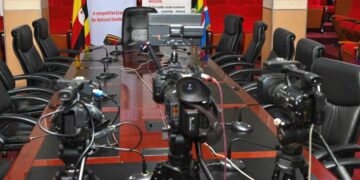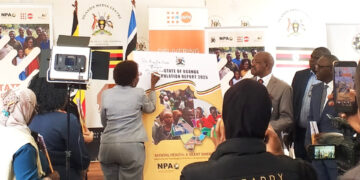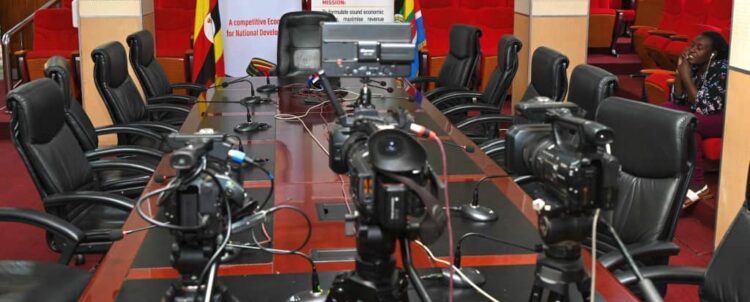OPINION
There was a time when journalism in Uganda stood as a pillar of truth, a sanctuary for the bold, and a beacon for the voiceless. It carried weight. It commanded respect. Today, however, it limps under the weight of its own undoing, a shadow of its former glory.
The profession is hemorrhaging. What once demanded rigor, training and ethical discipline is now accessible to anyone with a microphone, a camera, or a social media account. Many media houses, obsessed with cutting costs, are turning to untrained, unqualified individuals simply because they come cheap and rarely ask questions. In this race to the bottom, quality is sacrificed on the altar of affordability.
The consequences are painfully visible. Journalism’s core values,objectivity, balance, independence and fairness, are no longer a given. In the world of sports and entertainment, hosts and reporters blur the lines between journalism and promotion, cheerleading for teams or personalities with little regard for the truth. The distinction between journalist and influencer has all but disappeared, and editorial independence seems to have become an afterthought.
Worse still, the profession is riddled with financial instability. Many journalists are poorly paid, especially freelancers and those working in rural areas. This has left them vulnerable,not just to poverty, but to compromise. In a country where image is everything, a broke journalist is often perceived as desperate, corruptible and lacking credibility.
It’s no wonder, then, that many prominent journalists are leaving the field altogether. Television anchors, radio personalities and news reporters are increasingly jumping ship for politics. Some rebrand as strategists or communications advisers, while others take up roles in government. On paper, it’s just career mobility,but in practice, it blurs the line between watchdog and lapdog.
When a journalist morphs into a politician without so much as a pause for reflection, it reinforces public cynicism: Was the reporting ever neutral? Were the questions ever fair? Or was it all preparation for a political leap?
Unfortunately, accountability within the industry is weak. Regulatory bodies are underfunded, underpowered or indifferent, while many journalism schools churn out graduates without equipping them for the ethical demands of the real world. What emerges is a media culture where sensationalism is celebrated, substance is ignored, and those who still care about journalistic integrity are left shouting into the void.
We are now witnessing a sad transformation,from journalism as a noble mission to journalism as a hustle. And in the hustle, the truth often gets trampled.
But all is not lost. There are still journalists who fight every day to uphold the values of the profession. They work quietly, often without recognition, sometimes without pay. They still believe in the power of a well-told, honest story. The question is: Will the industry allow them to thrive or will it continue to reward noise over news?
If journalism in Uganda is to reclaim its dignity, it must first confront the rot within. Prestige is not granted by default. It is earned,and right now, it must be earned all over again.
By Isaac Akugizibwe,
The writer is a Ugandan Journalist, Rotaract and Media Trainer.








































